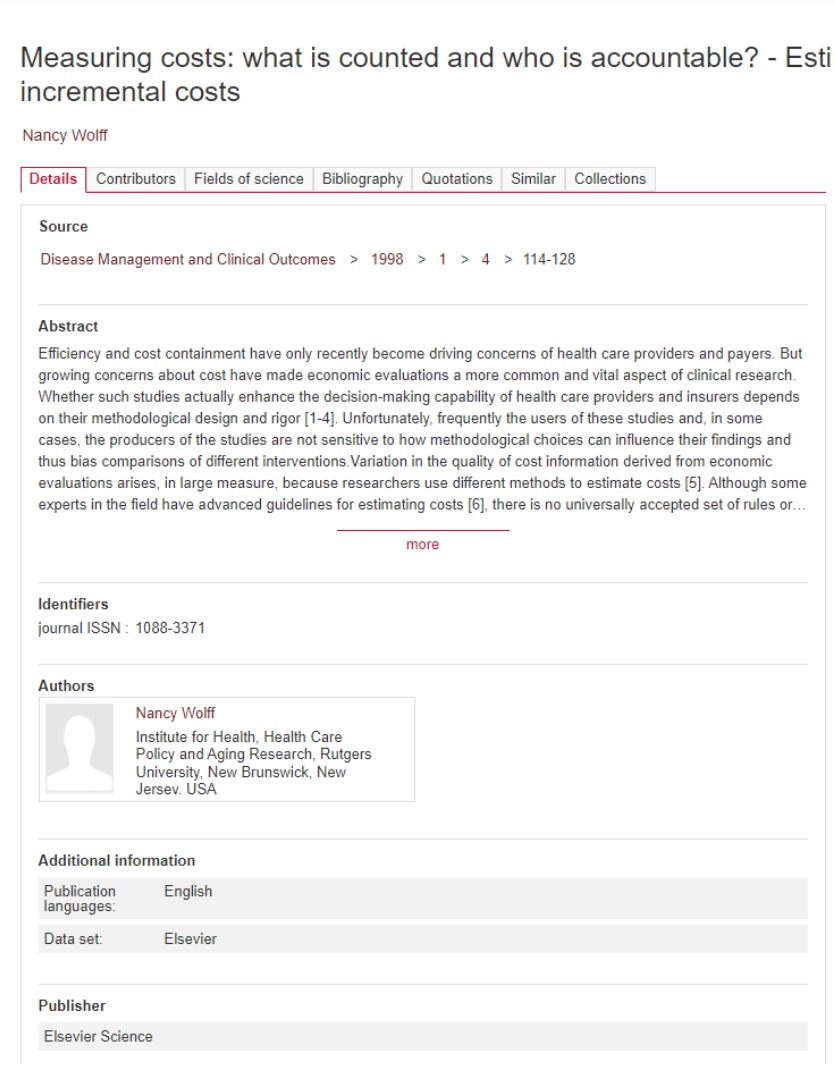The promise of economic evaluations as a decision-making tool hinges on the quality of the information forthcoming from the research community. The intent of this paper is to open up the black box of costing methods and explore the options and trade-offs associated with the different ways that cost outcomes can be estimated. The beginning section of the paper presents a general discussion of the costing problem and the micro- and macro-costing techniques commonly used to estimate cost outcomes. The second section focuses attention on key methodological assumptions and choices that influence the quality of the cost outcome. At the end of this section, a framework for choosing between alternative costing techniques is developed. In the third section of the paper, procedures for micro cost estimation are described in the context of a mental health application. Emphasis is on evaluating data sources, identifying measurement errors, maximizing internal consistency, and estimating unit costs. The last section discusses two ways to manage variation in quality among economic evaluations. It stresses the responsibilities of authors to disclose methodological information that affects the validity and reliability of their cost estimates.
Measuring costs: What is counted and who is accountable?
Citation:
Wolff, N. (1998). Measuring costs: What is counted and who is accountable? Disease Management and Clinical Outcomes, 1(4), 114-128. doi: 1016/S1088-3371(98)00009-6
